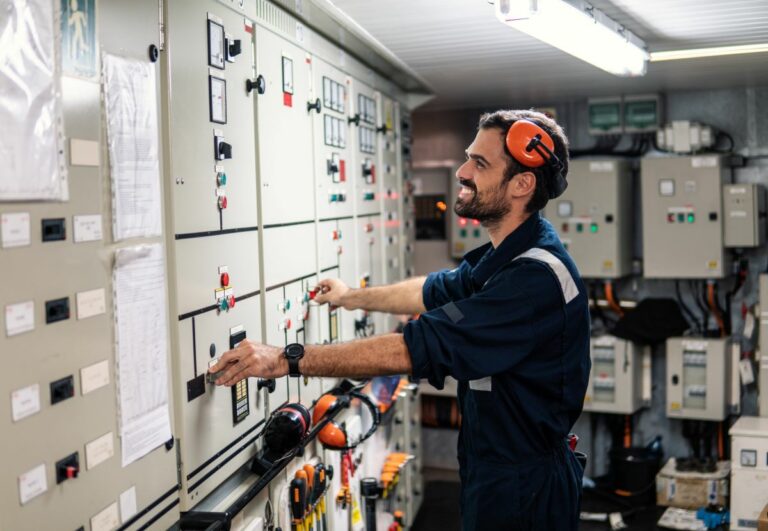Sailing a boat is a unique and exciting experience, but to ensure the safety and proper functioning of your boat, it is essential to have a proper electrical installation. In this article, we will introduce you to the different options for marine electricity training, how to choose the best school, and the skills needed to become an expert in this field.

The different types of marine electricity training
To fully understand the different marine electricity training courses available, it is important to know the main types of existing programs and the skills they allow you to acquire.
Vocational training
Vocational training courses are designed for people who want to learn the basics of marine electricity and specialize in this field. They are usually provided by specialized schools or vocational training organizations. These programs include theoretical and practical courses, with particular attention paid to safety standards and current regulations.
Diploma courses
Diploma courses are more advanced study programs that lead to a recognized qualification in the marine electrical sector. They are usually offered by higher education institutions, such as universities or engineering schools. These courses provide in-depth knowledge of marine electrical systems, from design to installation and maintenance.
Online and distance learning
With the advancement of information and communication technologies, it is now possible to take marine electrical training courses online or remotely. These courses are ideal for those who have difficulty traveling or who prefer to learn at their own pace. Courses are often delivered in the form of modules and may include live online sessions, pre-recorded videos, quizzes, and practical exercises.
Choosing the Best Marine Electricity Training School
To choose the best marine electricity training school, several criteria must be taken into account:
- The school’s reputation: It is important to check the quality of teaching, the student success rate, and feedback from former students.
- Accreditation: Make sure the school is accredited by a recognized body and that the degree or certification earned will be accepted by employers in the industry.
- Program content: Check that the courses offered cover the skills and knowledge needed to work in marine electricity.
- Equipment and facilities: It is important to ensure that the school has the necessary equipment and facilities to enable students to put into practice the skills acquired during theoretical courses.
Key skills for success in marine electricity
To succeed in the marine electrical field, several key skills are necessary:
- Understanding Marine Electrical Systems: It is essential to master the basic principles of electricity and understand how the different components of an electrical system interact with each other.
- Knowledge of standards and regulations: Marine electricians must be aware of current standards and regulations to ensure the safety and compliance of electrical installations.
- Manual dexterity: Marine electricians must be able to work with precision and dexterity to perform tasks such as wiring, soldering, and installing electrical equipment.
- Ability to work in a team: Marine electricity is a field that often requires working closely with other professionals, such as engineers, mechanics, and technicians.
To learn how to make an electrical installation for a boat, there are several training options, ranging from professional training to diploma training to online training. It is important to choose the best school according to your needs, your goals, and your situation.
By developing the necessary key skills and following the appropriate training, you can become an expert in marine electricity and help ensure the safety and proper functioning of the boats you work on. So, don’t wait any longer and start this exciting career!


















